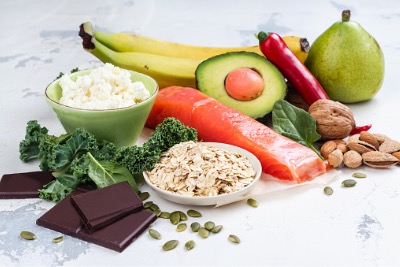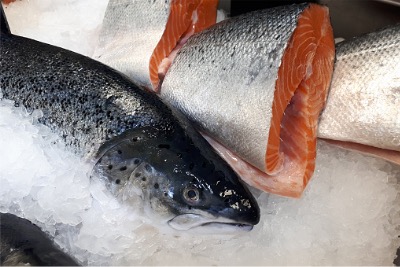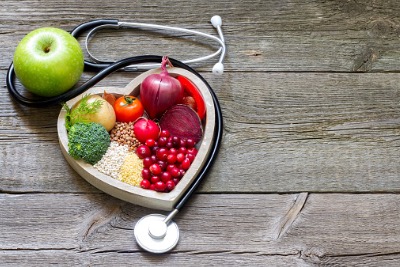
Dysfunctional vs Functional Foods
At health and wellness conferences worldwide, we are hearing more and more about consumers switching to functional foods. What are dysfunctional foods and what are functional foods? Hippocrates once advised doctors to “Let food be thy medicine and medicine be thy food.” There is a lot of wisdom in this statement. Dysfunctional foods are processed foods that lead to disease.
Dysfunctional foods lead to obesity. In America 42% of adults and 19.2% of children ages 5 at to 18 are obese. And these percentages are increasing. To understand dysfunctional foods, we need to understand how consuming these foods leads to obesity and other diseases. In 2016, the average adult consumed a staggering 58% of all the calories per day in ultra-processed food. Ultra-processed foods are made from real food. In a processing plant, the naturally occurring fat, fiber, starches are taken out. Sugar and hydrogenated oils are then added.

In addition, artificial colours are added to make the food picture perfect. Added flavorings restore some of the flavors lost due to processing – and even exaggerate the natural flavors. Stabilizers are then added to extend the shelf live of products in grocery stores and pantries world-wide.
People end up consuming dysfunctional foods and craving them. This creates a pathological eating behavior where people continuously desire food that is very sweet or very salty or has a heightened flavor that consumers find psychologically gratifying. The effect is so pleasing that people can’t stop eating – even after their natural hunger is satisfied. Dysfunctional food is stored differently as well. Instead of burning dysfunctional foods, dietician Molly Linek, explains that they are automatically stored as fat. “The fat that is stored is pro-inflammatory meaning it will increase the inflammation throughout our bodies. And when we when we have more and more inflammation, we’re damaging cells throughout the body including brain cells, so our brain function is inhibited.” It damages the cells that line the arteries of our heart, its valves, circulation and even our joints. “Dysfunctional foods cause oxidative stress on the cells in our bodies and eventually cause disease.”

Functional Foods
There is an old song that says “If I Could Turn Back the Hands of Time”. It was no doubt written for lost love, but if someone was losing their youthful health due to years of consuming dysfunctional foods, the good news is “the hands of time” can be reversed. It is a matter of prioritizing good health and changing habits. Scientific studies show that regularly consuming functional foods can reverse the negative effects of dysfunctional foods.
Functional foods have more nutritional elements than non-functional foods. They are like foods with super-powers. They contain vitamins and minerals and can contain, additional compounds like omega 3 fatty acids, antioxidants, and probiotics. They help to repair and rejuvenate cells and assist in reducing obesity.

Functional food benefits include:
- Providing antioxidants that fight damage caused by dysfunctional foods
- Decreasing and even eliminating needless inflammation
- Preventing cardiovascular or heart disease
- Preventing neurological conditions like depression
- Preventing and reducing certain cancers
- Improving gut health
- Strengthening the immune system
- Enhancing microbial cultures like probiotic bacteria
- Introducing “prebiotics” that nourish probiotics
- Fighting bacteria and microbes

Eliminating dysfunctional foods and introducing functional foods into your diet requires willpower to change daily habits. One trick is to eat protein for every meal and snack. Protein keeps people full and satisfied, so they are less likely to fall back into the dysfunctional food trap. Good proteins can be fish, eggs, nuts, yogurt, protein powders and lean meats. Here are some foods that are considered functional foods by dietitian Molly Linek:
1. Salmon, cod, or other fish that are high in omega 3 fatty acids
2. Avocados for fiber, potassium and more
3. Mushrooms for beta glucans
4. Micro greens and sprouted greens
5. Resistant starch
6. Green tea or matcha
7. Turmeric/curcumin (polyphenols)
8. Cabbage, onions, and garlic

Many processed products claim to be functional foods. While they are too numerous and diverse to comment on, the rule of thumb is to stick with food that is primarily or entirely in its natural state.
Islamic Services of American (ISA) is a leading USA based Halal certification and auditing organization serving companies, the community, and the Halal industry for over 45 years. Contact ISA at isa@isahalal.com or visit the ISA website for more information at www.isahalal.com